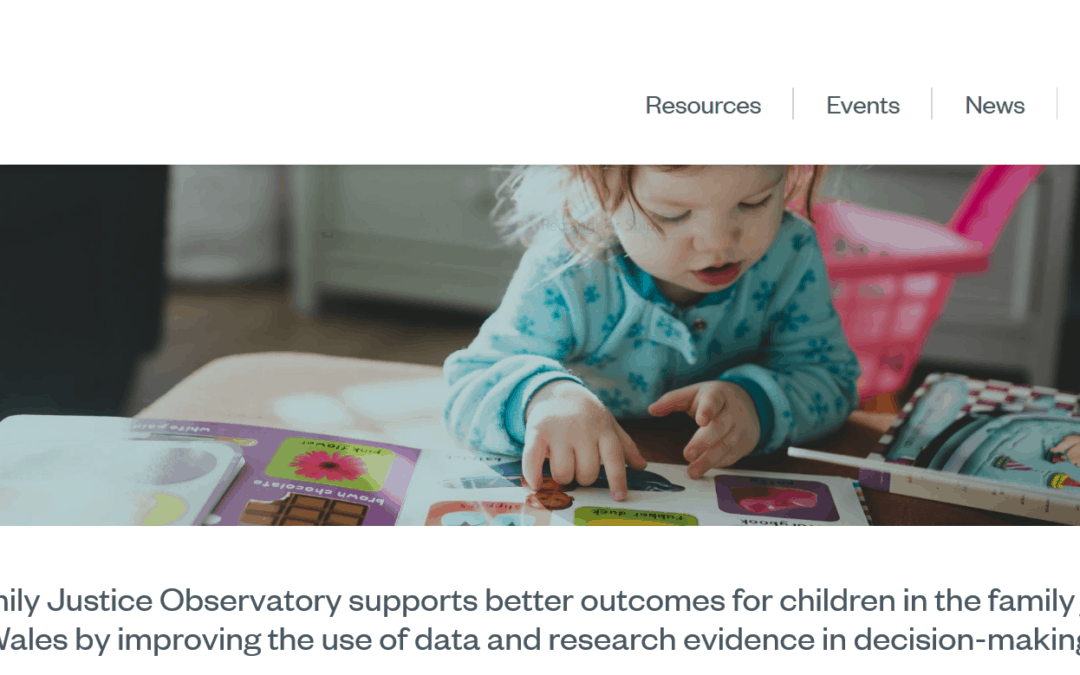Some readers may remember the ‘research-led family justice system’ envisaged in the Norgrove Family Justice Review in 2011. However, we’re still waiting and, as Sir James Munby explained in this interview, family court professionals can sometimes feel that they are ‘operating in the dark’.
Recognising the ongoing concerns about the lack of a reliable evidence base for the courts on the consequences of their decisions, the Nuffield Foundation began quite a lengthy programme looking at the potential scope of a Family Justice Observatory, which has now been established, with Sir James as its Chair.
The aims of the Nuffield FJO are to:
- support analysis of national data that is already available and linking data from different sources, to better understand the experiences of children and families in the family justice system
- research issues facing children and families, and collaborate with others to bring about change in practice
- enable decision makers to access the latest data and research evidence.
The Observatory has recently published a Review of Special Guardianship in England and Wales and a report on the removal of newborn babies in Wales. The value of publications such as these is that they are easily accessible and can be relied on by legal and social work practitioners in presenting evidence.
A Stakeholder Advisory Council has been established which The Transparency Project was invited to join. I attended the first meeting of this group, held on 23 September. The minutes of the meeting have been promptly posted on the Observatory site and can be downloaded here. One item of the meeting was a discussion of an impressive draft infographic setting out what we do and don’t know (from existing data) about children and their families when they enter the system, during that process, and then afterwards. This infographic will be available shortly. The minutes of the meeting are succinct. so we recommend taking a look at these, along with the News page on the site. You can also subscribe for regular email alerts about the Nuffield FJO’s work.
(This post was amended on 8 November to correct the name of the Nuffield Family Justice Observatory.)

Sadly Sir James is right.
Those who have financial or social capital, or both, rarely come onto the State radar regardless of social class, because they have other resources, including sources of advice, and practical help, available to them; by way of example the attitude a GP is likely to take towards a professional woman not coping with an infant is probably very different to the one likely to be taken to a Council tenant similarly not coping.
The one will be advised to go back to work and use a paid carer, the other may find other professionals on her doorstep.
It’s a truism that happy/successful people don’t draw attention to themselves or appear in statistics, but I would love to know how many children do make the transition to the full time care of a third party, whether within the family or a wider community, and at what age, if at all, they return to the parental roof ; and how many enter boarding schools at the earliest age such a school will take them.